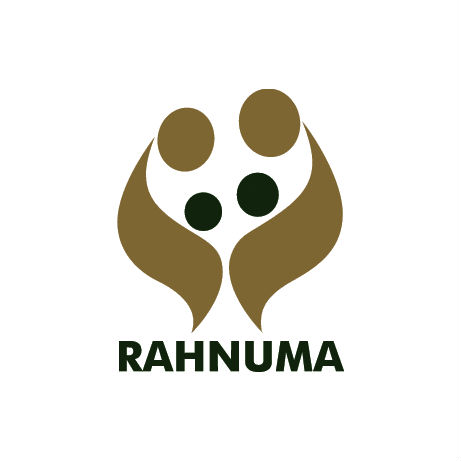

| 31 March 2016
Korea Population, Health and Welfare Association
The Korea Population, Health and Welfare Association (KoPHWA), a leading non-profit organization founded under the Maternal and Child Health Law, has played a great role for the successful implementation of population and reproductive health program since 1961. The vision of KoPHWA is to become a leading agency in enabling women, couples, and families to decide their family planning as well as promoting and ensuring a healthy community. Its objectives are to maintain a healthy population through the sustained implementation of reproductive health programmes, to promote family health and welfare, and to improve the quality life of general public by creating a sound and healthy family environment. In pursuit of these objectives, KoPHWA runs a wide range of information, education, and communication (IEC) programs to raise the public awareness of population issues, and is active in young people’s education and participation. Besides, KoPHWA delivers the MCH and Family Health services particularly to women and children through 13 branch clinics; it also provides mobile OB-GYN services to increase the access to medical and health information and services of marginalized groups. In addition, the KoPHWA’s works of developing and distributing high-quality materials have consistently contributed to creating the family-friendly childbirth and childcare environment as well as promoting good sexual and reproductive health practice. Address: 20, Beodeunaru-ro 14ga-gil, Yeongdeungpo-gu, Seoul, 150-040, Republic of Korea

| 31 March 2016
Rahnuma-Family Planning Association of Pakistan
Rahnuma (formerly the Family Planning Association of Pakistan or FPAP) started serving poor and marginalized people in Pakistan as the Family Planning Association of Pakistan (FPAP) in 1953. After over 50 years of momentous achievements, the FPAP felt that its name did not fully reflect the scope of its work. It renamed itself ‘Rahnuma’, an Urdu word meaning 'one who shows the path and provides direction'. Rahnuma was one of the pioneers in providing family planning services and advocating for spacing of childbirth and for smaller families. The government later embraced the cause by establishing the Ministry of Population Welfare. In the space of a decade, Rahnuma grew from a single clinic, based in 1 room in Karachi, to a large-scale operation with an infrastructure of district branches offering model clinics and information and educational facilities. Today, the network operates nearly 5,000 service points, comprising 118 permanent clinics, 11 mobile units, 191 associated clinics and over 2,000 community-based distributors/services (CBDs/CBSs). It also handles referrals to over 2,143 private physicians. Rahnuma has developed innovative programmes to increase access to high-quality, affordable health services. It has advocated for a rights-based approach to sexual and reproductive health (SRH), for the empowerment of particular groups within communities (especially women and young girls), and for the strengthening of civil society in Pakistan. As the sexual and reproductive health and rights (SRHR) agenda has shifted over the years, Rahnuma has increasingly embraced SRHR in the context of national development and poverty alleviation, owing to the direct connection between socio-economic conditions and health and well-being. Contacts Website: http://www.fpapak.org Facebook: https://www.facebook.com/rahnuma.fpap.9 Twitter: https://twitter.com/Rahnuma_FPAP







